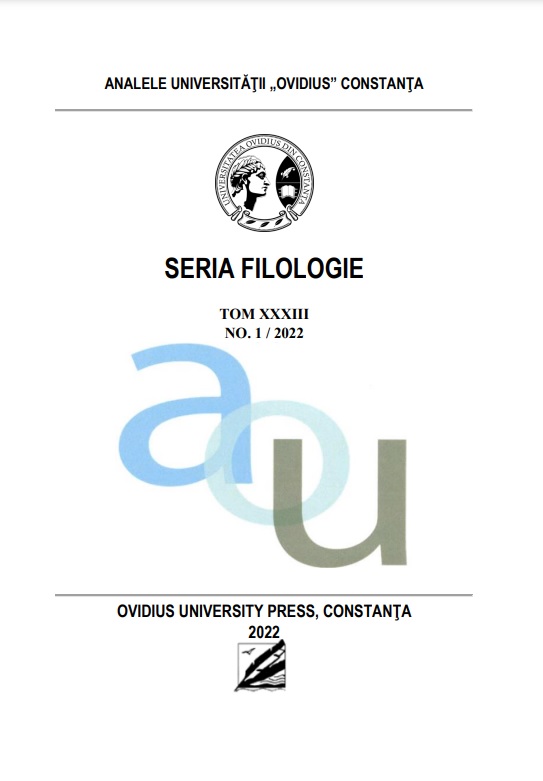Spatial Metaphors and the Faustus Myth in The Devil to Pay by Dorothy L. Sayers
Spatial Metaphors and the Faustus Myth in The Devil to Pay by Dorothy L. Sayers
Author(s): Roxana Ţăranu MireaSubject(s): Language and Literature Studies, Philology, British Literature
Published by: Ovidius University Press
Keywords: Faustus myth; Reformist mentality; spatial metaphor; modernist rewritings; Dorothy L. Sayers;
Summary/Abstract: This essay analyses geocritically the dramatic adaptation of the Faustus myth in the play The Devil to Pay (1939) by Dorothy L. Sayers. In this play, Sayers reworks the legend of Faustus as a serious comedy, representing Faustus as one who chooses wicked means as an end to an admirable goal: the relief of suffering—while becoming entirely focused on his own satisfactions. Written in the manner of amorality play, the plot recreates the atmosphere of the sixteenth century for a contemporary audience of the nineteen-thirties. Could the Faustus story be properly related to the space and time of the modern world? Although Sayers rewrites the play in the manner of Christopher Marlowe’s tragedy Doctor Faustus, there is no magical show, or irrational conjuration, to mislead the audience. Marlowe’s Faustus sold his soul to the devil because of his lust for worldly power and his insatiable intellectual curiosity. Sayers’ Faustus is a twentieth-century hero, as the play reveals an impulsive reformer, a person eager to set the world aright. When he finds that this cannot be done, as is often the case in the modern world, Faustus falls into despair and defeatism—a kind of modern-day depression. This modern Faustus mirrors the contemporary mind, despite the fact that the action is set in Renaissance Germany. With the knowledge of good and evil returned to him, Faustus finally accepts that his evil must be cleansed, with Mephistopheles serving as the agent of psychological purgation. I argue that the metaphoric space of sixteenth-century Reformist Germany—where intellectual confidence is still possible—overlaps with the modernist space represented by the absurdist mind, for which there is little hope for authentic change.
Journal: Analele Universităţii Ovidius din Constanţa. Seria Filologie
- Issue Year: XXXIII/2022
- Issue No: 1
- Page Range: 57-68
- Page Count: 12
- Language: English

